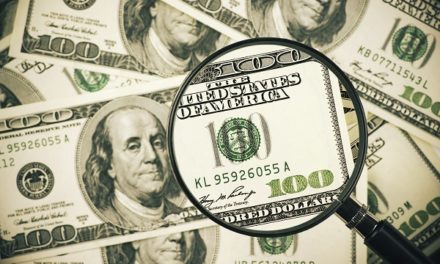
“When we own portions of outstanding businesses with outstanding managements, our favorite holding period is forever.”
— Warren Buffett
The Warren Buffett investment philosophy calls for a long-term investment horizon, where a two-decade holding period, or even longer, would fit right into the strategy. How would such a strategy have worked out for an investment into International Business Machines Corp (NYSE: IBM)? Today, we examine the outcome of a two-decade investment into the stock back in 1999.
| Start date: | 05/28/1999 |
|
|||
| End date: | 05/24/2019 | ||||
| Start price/share: | $116.00 | ||||
| End price/share: | $132.28 | ||||
| Starting shares: | 86.21 | ||||
| Ending shares: | 125.99 | ||||
| Dividends reinvested/share: | $53.10 | ||||
| Total return: | 66.66% | ||||
| Average annual return: | 2.59% | ||||
| Starting investment: | $10,000.00 | ||||
| Ending investment: | $16,677.50 | ||||
As shown above, the two-decade investment result worked out as follows, with an annualized rate of return of 2.59%. This would have turned a $10K investment made 20 years ago into $16,677.50 today (as of 05/24/2019). On a total return basis, that’s a result of 66.66% (something to think about: how might IBM shares perform over the next 20 years?). [These numbers were computed with the Dividend Channel DRIP Returns Calculator.]
Notice that International Business Machines Corp paid investors a total of $53.10/share in dividends over the 20 holding period, marking a second component of the total return beyond share price change alone. Much like watering a tree, reinvesting dividends can help an investment to grow over time — for the above calculations we assume dividend reinvestment (and for this exercise the closing price on ex-date is used for the reinvestment of a given dividend).
Based upon the most recent annualized dividend rate of 6.48/share, we calculate that IBM has a current yield of approximately 4.90%. Another interesting datapoint we can examine is ‘yield on cost’ — in other words, we can express the current annualized dividend of 6.48 against the original $116.00/share purchase price. This works out to a yield on cost of 4.22%.
One more piece of investment wisdom to leave you with:
“Smart investing doesn’t consist of buying good assets but of buying assets well. This is a very, very important distinction that very, very few people understand.” — Howard Marks




